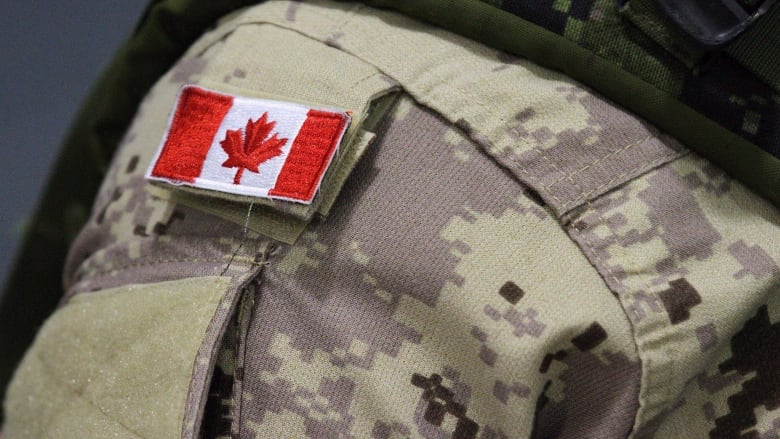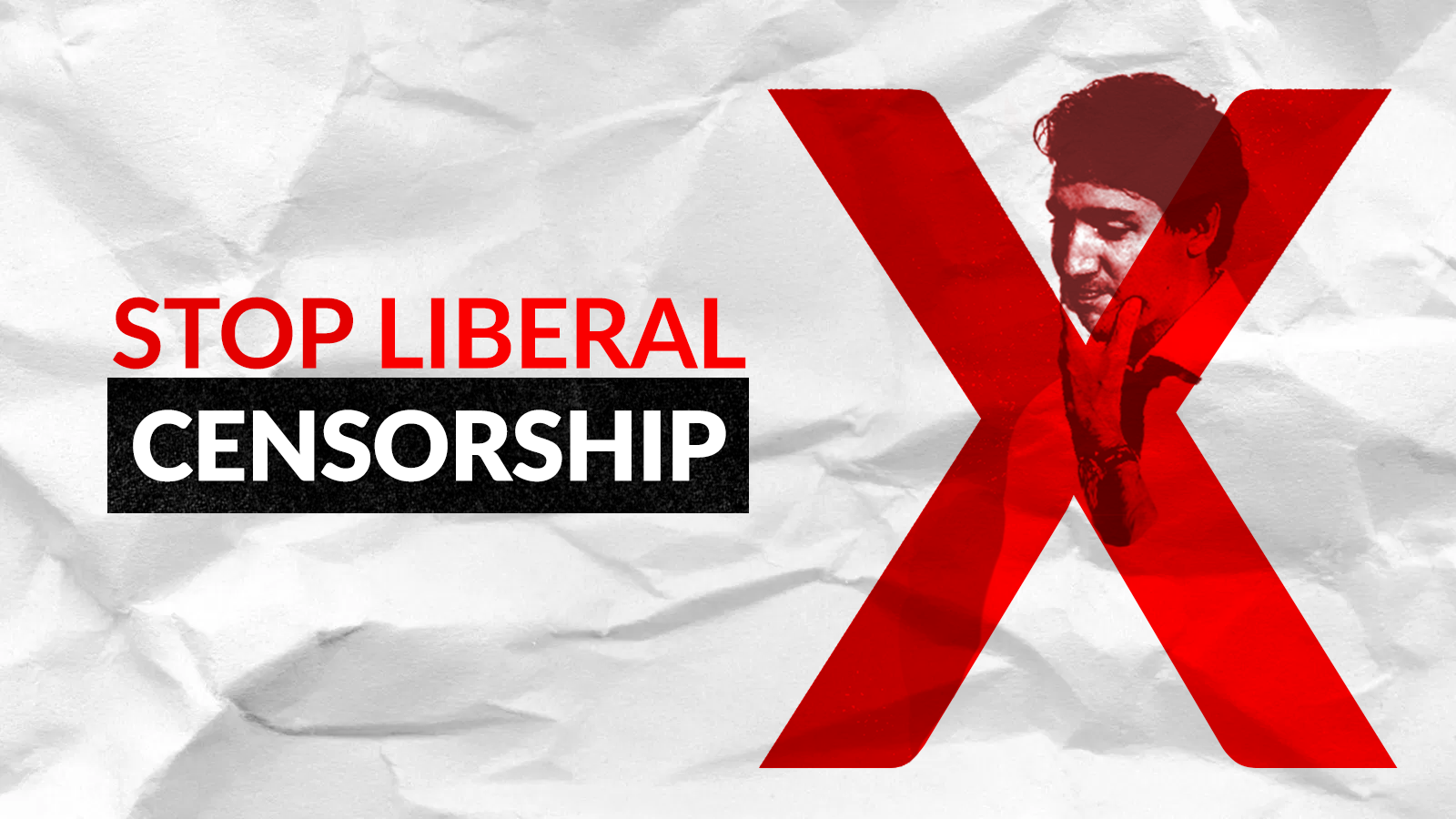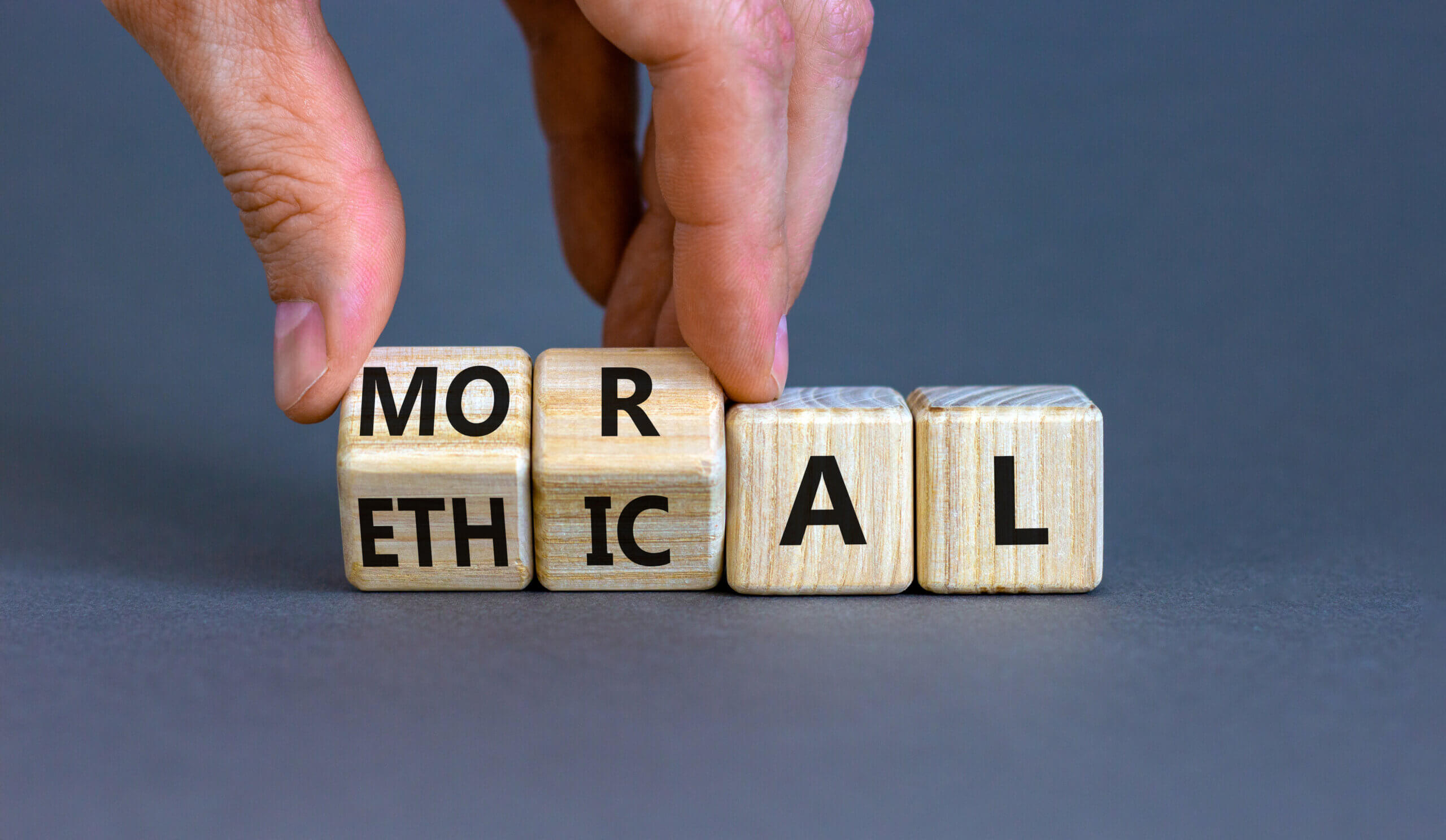Recently, the Canadian Armed Forces (CAF) released a pamphlet titled “Racism or Allyship?” that makes an attempt to describe racism.
The report provides a number of bullet points, each of which provides an illustration of “those who are racist.” A person is considered racist by the CAF if they believe that there are significant biological differences across the human spectrum if they do not work to reduce harm to racialized persons, if they do not believe in the equality of all persons or equity if they deny the existence of racism, and if they refuse to engage in self-reflection to address their biases and racist beliefs.
Yet, not only are these assertions contentious, but they are also unclearly defined. For instance, admitting that there are considerable disparities between individuals and communities that have, over the course of thousands of years, adapted to different surroundings is not inherently racist. A person is not always racist just because they do not make an effort to lessen the harm done to “racialized humans.” Also problematic is the use of the word “racialized folks,” and it is not entirely clear what it means to “support reconciliation initiatives.”
A person who denies the presence of unconscious prejudice is engaging in illogical reasoning. The assumption that everyone is racist according to this definition is ludicrous. Due to the fact that the idea of unconscious bias is founded on an impossible framework, it is difficult to determine whether or not an unknown item does in fact exist.
In conclusion, the attempt made by the CAF to define racism is contentious and inadequately articulated. The examples provided in “Racism or Allyship?” do not offer a clear grasp of what racism is, and the bullet points themselves do not provide a clear understanding of what racism is.







